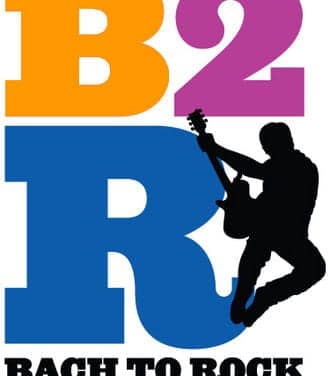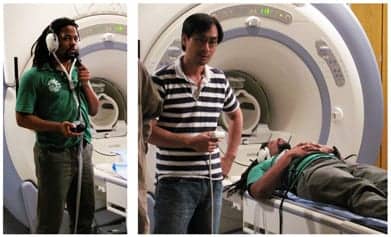New Strategy Lets Cochlear Implant Users Hear Music
“With cochlear implants, we’ve always been oriented more toward speech sounds,” says Jay Rubinstein, MD. “This strategy represents a different way of thinking about signal processing for music.”
Read More







